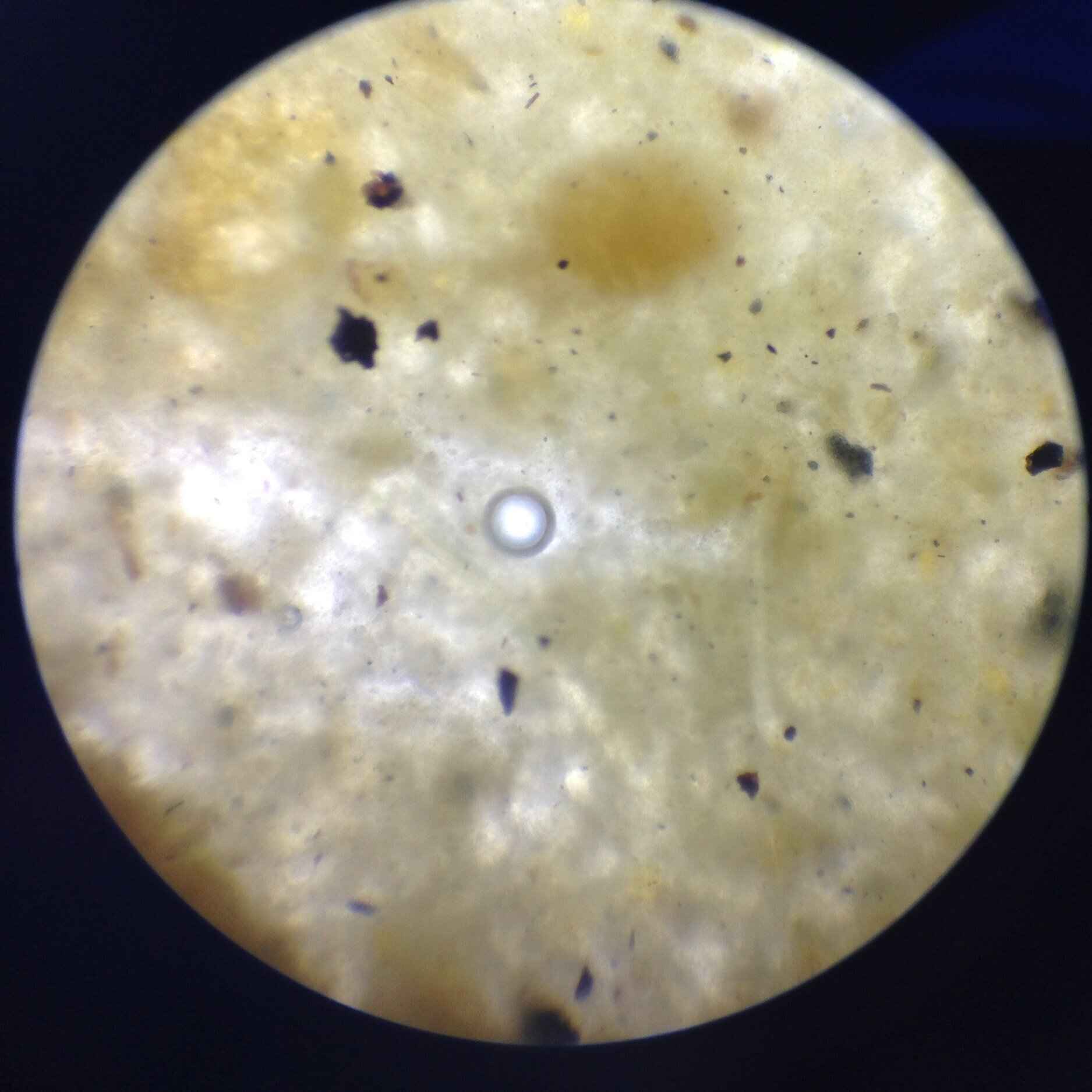Intestinal Parasites
Soil-transmitted helminthiasis (STH) refers to a set of parasitic diseases caused by a group of intestinal worms collectively called soil-transmitted helminths that are transmitted through contaminated soil.
Approximately 1.5 billion people globally are infected and 4 billion are at risk. Mass administration of controlled doses of safe, effective, and inexpensive anthelmintic medication each year can alleviate the problem for a short time. If relied upon by itself, resistance to the medication can develop leaving no other means to treat even isolated cases. Our program offers substantial steps toward prevention of STH altogether.







Our multi-faceted approach reduced parasites in rural Ugandan school children 74% to 15% in four years.
Breaking the cycle of infection and reinfection is the cornerstone of our strategic approach to reducing parasitic prevalence. This means limiting exposure to fecal contamination and reducing pathogenic load in the environment by way of compost sanitation and education focused on parasitic spread and hand hygiene. Mass distribution of anthelmintic medication twice a year helped to curb current infections until the effects of the preventative measures had a chance to manifest.
Intestinal Parasite Prevalence Among Primary School Children in Papoga, Uganda

Reports & Documents
Soil-transmitted Helminthiasis Treatment and Prevention in Papoga, Uganda
Rapid Appraisal on Soil-Transmitted Helminthiasis in Bertrand-des-Platons, Haiti
Rapid Appraisal on Soil-Transmitted Helminthiasis in Croix-des-Bouquets, Haiti
Rapid Appraisal on Soil-Transmitted Helminthiasis in Kabezi, Burundi
Rapid Appraisal Data on Soil-Transmitted Helminthiasis in Ruziba, Burundi
Rapid Appraisal on Soil-Transmitted Helminthiasis in Msundwe, Malawi
Rapid Appraisal on Soil-Transmitted Helminthiasis in Papoga, Uganda
Rapid Appraisal on Soil-Transmitted Helminthiasis in El Paraiso, Honduras
Rapid Appraisal on Soil-Transmitted Helminthiasis in Muyange 2, Burundi
